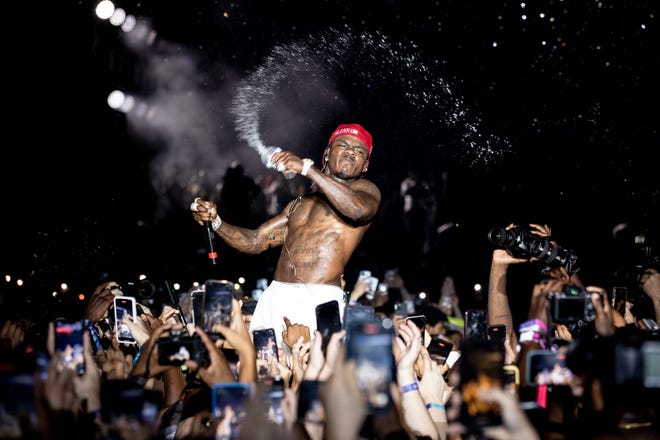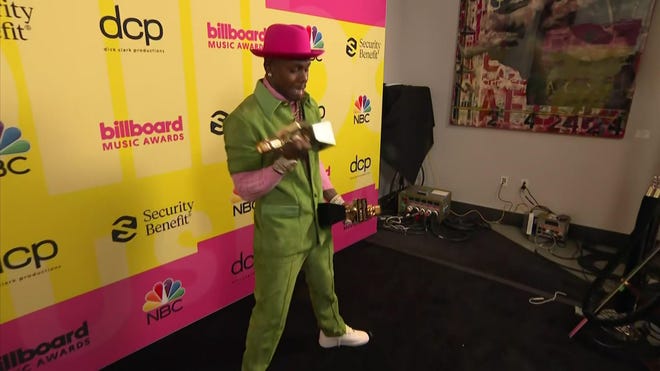By Ian L. Haddock
In an XXL interview in 2017 DaBaby said, “I am all about touching people and influencing people.” As an advocate for HIV prevention and treatment, I am concerned the rapper’s recent comments and stigmatizing rhetoric are touching and influencing the most marginalized communities in the most dangerous, even deadly ways.
DaBaby’s comments about people living with HIV — he incorrectly said at a performance last month that the disease would “make you die in two to three weeks” — overshadow the truth. In fact, advances in science and medicine are allowing people to live long, healthy lives. DaBaby, who also made derogatory remarks about gay men, has since been dropped from the Austin City Limits Music Festival and other shows.

Statements like DaBaby’s are the reason people are afraid to get tested for HIV and don’t stay in care. For people living with HIV, being retained in care is the most powerful resource, but only 48% of HIV-positive African Americans receive this ongoing treatment. Only 6 out of 7 Black people who have HIV know it. The CDC says stigma and fear of discrimination prevent people from getting the care they need.
HIV does not need to be a death sentence
I’ve seen how overcoming stigma saves lives. My father, who has been living with HIV for over 20 years, is thriving. He was diagnosed at the age of 20, and being able to take lifesaving medication keeps him alive. He chooses to openly live with HIV.
I’ve also seen how stigma tragically takes lives.
I’ll never forget Number 26. He was in his early 20s, vibrant, funny and outgoing. An aspiring rapper and in the closet to his family, he found some safety in attending queer organization events with some of his friends. He and his four friends decided to get tested one night. My colleague and I rushed through counseling and testing procedures with clients Number 22, 23, 24 and 25. Then, there was Number 26.
His test for HIV came back positive. Hearing his friends in the lobby, he attempted to pull it together. He asked me to throw his results in the shredder. Then he walked out the room.
Days later when he came back, his vibrant energy had disappeared. Terrified he would die quickly, he came to seek counsel with me. I wish I had the advances in treatment and terms we use now: “undetectable equals untransmittable,” meaning people with HIV today, when on effective treatment, lead long and healthy lives and cannot sexually transmit HIV. But that hadn’t been adopted yet. All I had for him was the promise that I would be with him throughout the process.
He took his life six weeks after his diagnosis. Suicide may have been what the autopsy said, but stigma and fear is what killed him.
HIV does not have to be a death sentence, but comments like the ones shared by DaBaby furthers the myth that it is. About 482,000 African Americans are living with HIV and only 1% of them die from related or unrelated causes each year. Still, 51% of new HIV diagnoses are in the South — including North Carolina, where DaBaby was raised. His words should be focused on helping us end the epidemic instead of propagating stigma.
DaBaby and all entertainers with these large platforms owe it to their fanbase to be culturally competent and humble. If you are speaking on something, do the work to find out the truth about it. Your fans are not just here to listen and support your music, but to speak truth to power and provide factual feedback. Receive it. The education is out there, and entertainers cannot afford to be ignorant. HIV stigma is a killer, and we all play a part in ending it.
Haddock is the executive director of The Normal Anomaly Initiative, a Houston nonprofit that elevates the voices of and provides support for members of the Black queer community.








